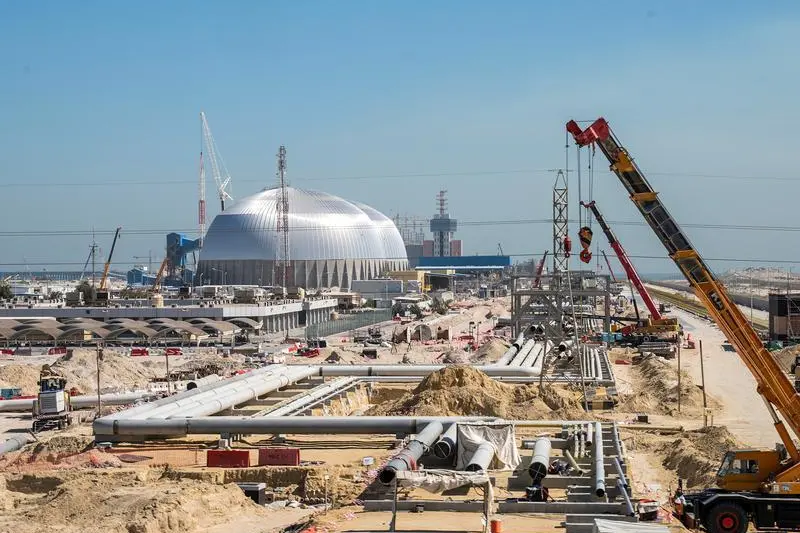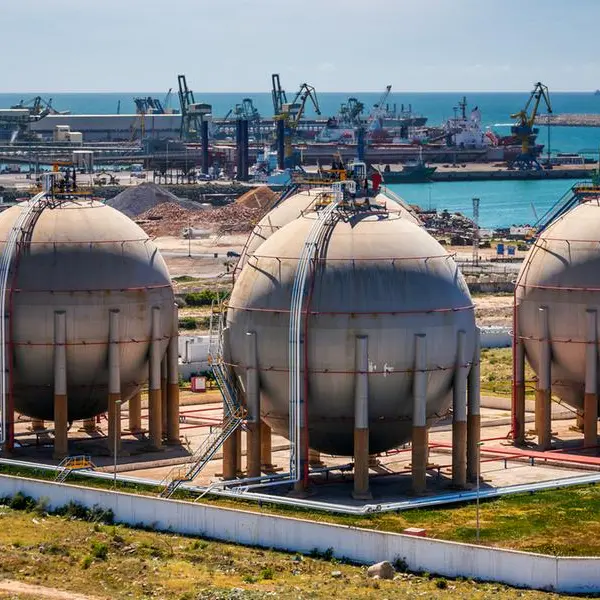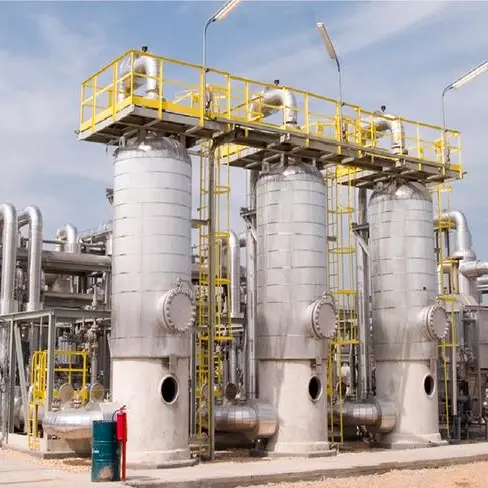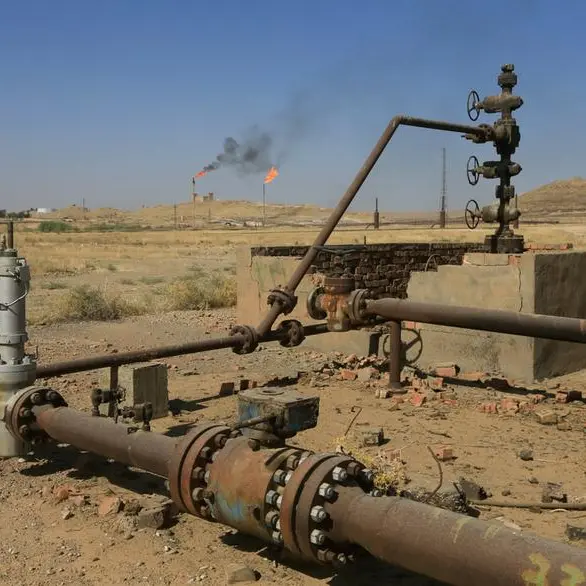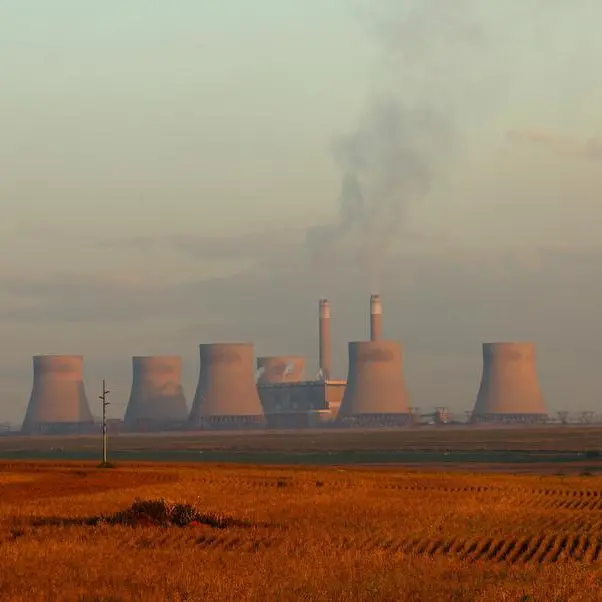PHOTO
Kuwait’s Al-Zour oil refinery, one of the world’s largest, could turn out to be unfeasible as most of the housing projects that were to benefit from its products have not materialised, the Gulf emirate’s engineering body has said.
Kuwait, which controls the world’s sixth largest extractable oil deposits, has pumped nearly $16 billion to build the low-sulfur Al-Zour refinery in South Kuwait as part of a landmark “clean fuel project” programme to expand its overall refining output to face a projected steady rise in domestic demand.
In a study published by Al-Qabas and other Kuwaiti newspapers on Wednesday, the Kuwait Society of Engineers said Al-Zour plan was devised in 2004 and was based on a large increase in fuel demand for six residential cities planned in Kuwait.
It said the Supreme Petroleum Council approved the 615,000-bpd Al-Zour refinery on the basis of projections by the electricity ministry that its power generation capacity would reach 27.4 GW in 2030 and 36.7 GW in 2040.
“These forecasts were based on the assumption that six residential cities will be constructed in the area with a capacity of at least 30,000 houses…as a result, those projections crumbled and were far below expectations after only one of these projects - Almutla City- has materialised,” the study said.
“This means that the Ministry does not need all these large quantities of fuel oil produced by Al-Zour…what aggravated the problem is that the Ministry had to rely on gas turbines to generate electricity instead of steam turbines which are run by fuel oil.”
The study proposed that Kuwait Petroleum Corporation could seek foreign partners for the conversion of Al-Zour to produce high-quality petroleum and petrochemical products, which could be easily marketed locally and in foreign markets, adding that around 36.5 percent of the refinery’s capacity could be converted.
(Writing by Nadim Kawach; Editing by Anoop Menon)
